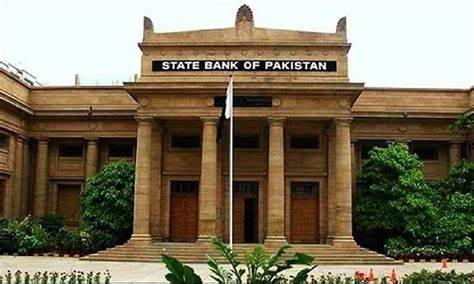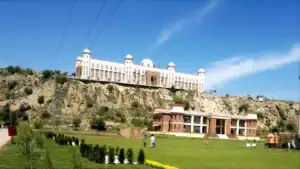Islamabad, Sep 4: Gohar Ejaz, the former acting federal minister of commerce and industries, asked the next Monetary Policy meeting to lower interest rates by four percent.
The interest rate, which is currently 19.5 percent, has become positive by 10 percent, according to Ejaz, the chairman of the FPCCI Economic Think Tank, because year-over-year (YOY) inflation in August 2024 was 9.6 percent as opposed to 27.4 percent in August 2023.
He stated that the country had faced difficulties over the last two years as a result of the highest rate of inflation in the area, which was mostly brought on by currency devaluations. The value of one rupee dropped from Rs. 170 to Rs. 280. The rate of interest was raised from nine percent to twenty-two percent. For the past year, the currency has stayed steady at Rs. 280.
In August, year-over-year inflation dropped to 9.6%, and the current account deficit has reached its lowest point. “Achieving economic stability through the promotion of internal trade and export-led growth is our current priority. Borrowing more money from abroad and domestic sources is not the solution. In order to make Pakistan competitive, Ejaz stated that all consumers—residential, commercial, industrial, and agricultural—must be able to contribute to the economy by bringing electricity tariffs down to 9 cents (Rs. 25 per unit) and doing away with taxes and capacity payments on electricity that is not provided by Independent Power Producers (IPPs).
“At the next Monetary Policy meeting, we should lower interest rates by 4% with the goal of reaching 9% interest rates this year.”
This will facilitate the return of cash to firms from fixed deposits in banks, which presently yield 19.5%. It is possible to cut budgetary costs by Rs 5 trillion by lowering interest rates. We need to lower taxes for exporters and the salaried class. We must make investments in skill development and human resources since we are the fifth-largest population in the world, he continued.
“Pakistan’s future is bright.” We have to allow the economy to expand while making sure that this journey is successful through growth and strategic planning. To put Pakistan back where it belongs, we must create an economic blueprint for each of the country’s ten economic sectors and implement it, Ejaz said.


![PMDC Withdraws Strict Exam and Attendance Rules PMDC MDCAT Answer Key 26 October 2025 Download PDF [ Link Out ]](https://bloompakistan.com/wp-content/uploads/2025/10/PMDC-MDCAT-Answer-Key-26-October-2025-Download-PDF-Link-Out--300x169.webp)






